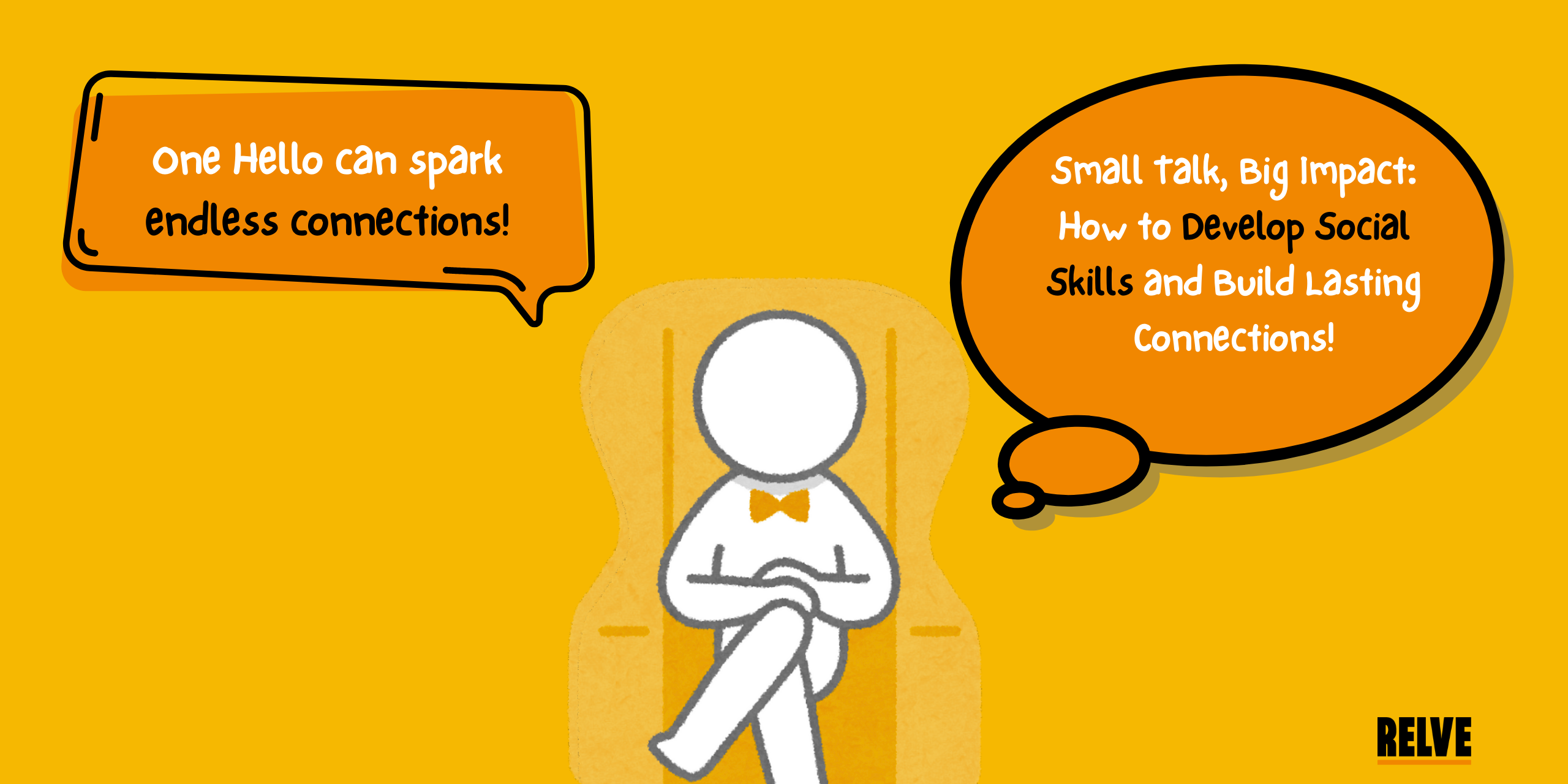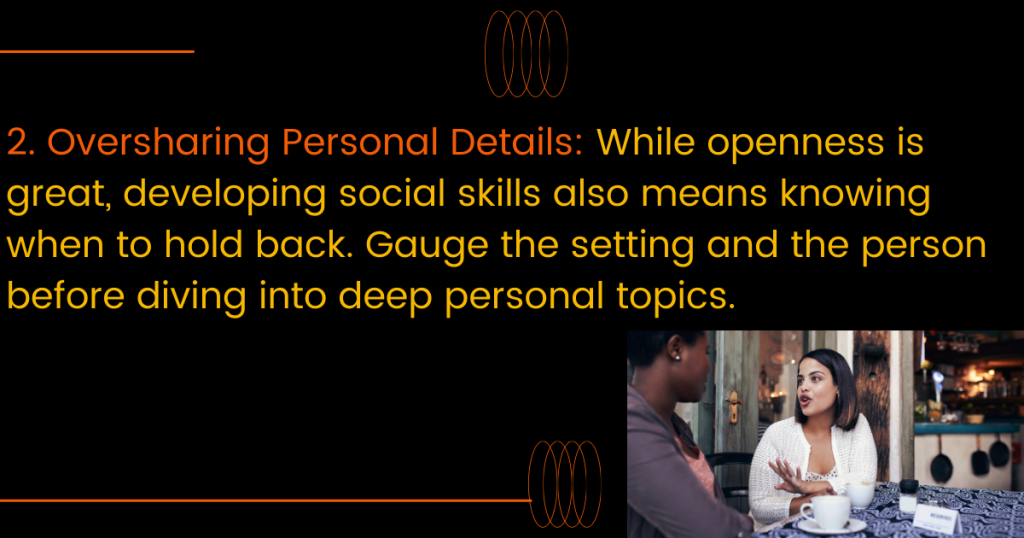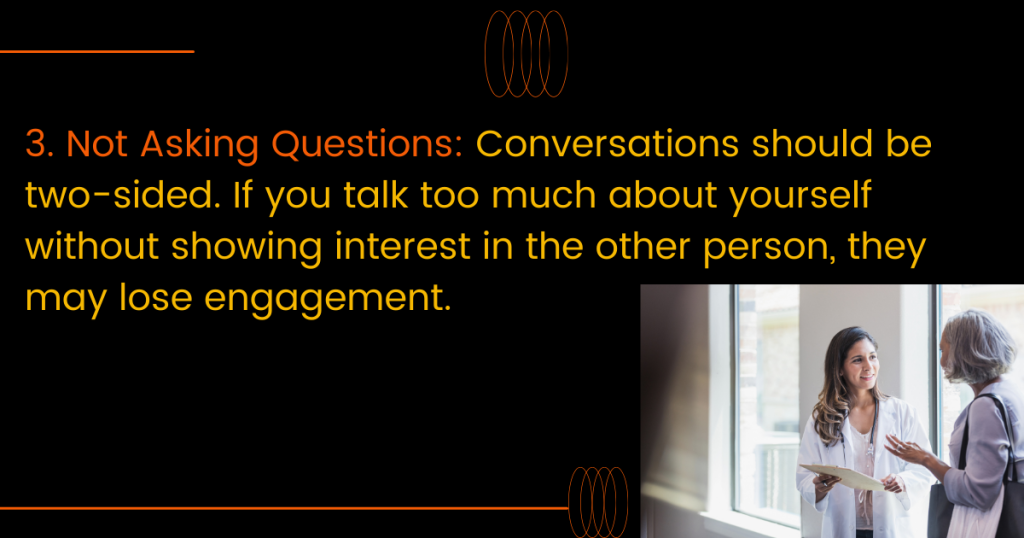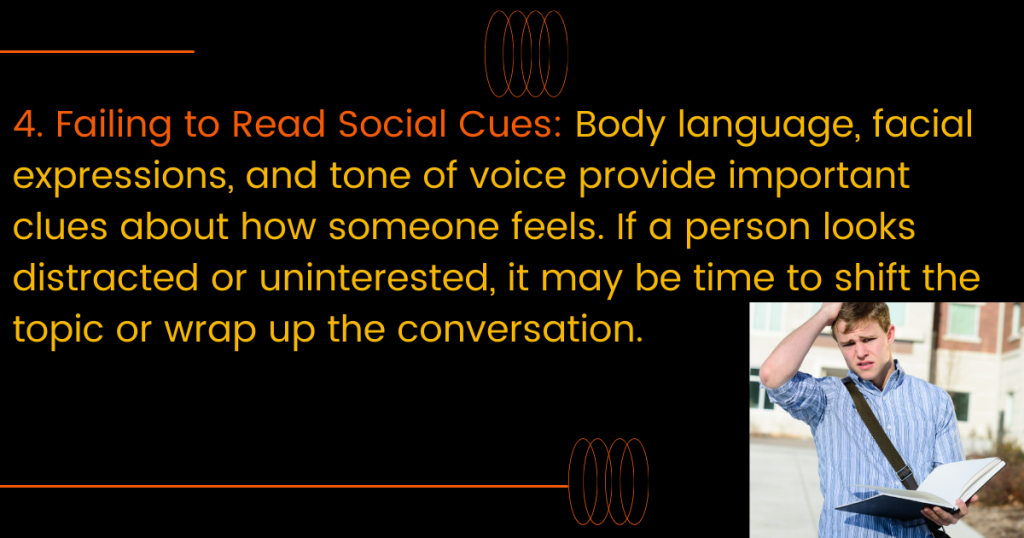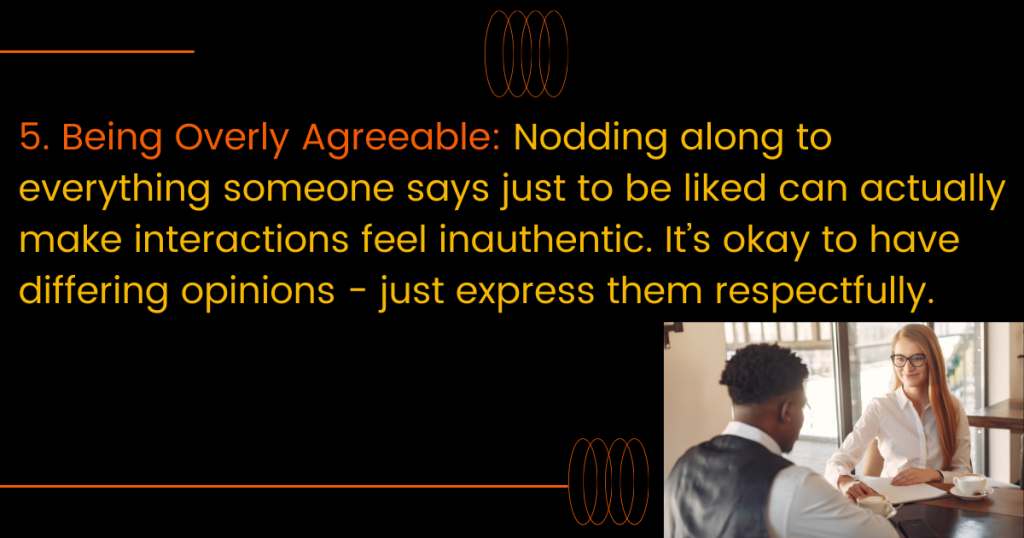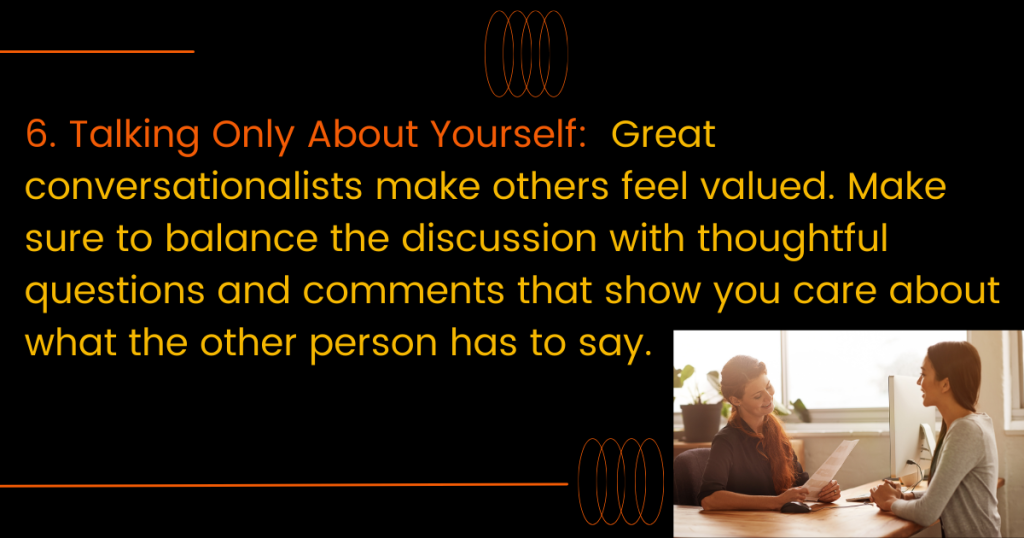Do you feel like socializing is an Olympic sport and you’re not even on the roster? You’re not alone. Learning how to develop social skills is a challenge for many, but the good news is that it’s not an inborn talent – it’s a skill that can be learned, practiced, and mastered over time.
Mastering social skills is like having a superpower. It opens doors to new opportunities, strengthens relationships, and increases self-confidence. Whether in work settings, personal relationships, or even casual encounters, good social skills make life infinitely more fulfilling.
But let’s be real, going from awkward silences to effortless conversations doesn’t happen overnight. So, where do you begin? Let’s break it down and explore the actionable steps you can take to improve your social interactions starting today.
1. The Hidden Power of Social Skills: Why They Matter More Than Ever
A whopping 86% of managers feel most of their problems happen due to a lack of communication.
The royal road to a person’s heart is to talk about the things he or she treasures most.
Dale Carnegie, How to Win Friends and Influence People
This highlights the essence of social skills development – understanding others and creating meaningful interactions.
Developing strong social skills:
- Improves confidence and communication
- Enhances career opportunities
- Boosts emotional intelligence
- Reduces social anxiety
- Increases trust and rapport in relationships
- Encourages leadership and influence
- Improves conflict resolution skills
- Enhances teamwork and collaboration
The bottom line? The ability to connect with people is one of the most valuable skills you can have.
2. Understanding the Psychology of Social Interactions
Did you know that people with strong social ties live longer, healthier lives? Science backs it up.
Researchers Greg Stephens, Lauren Silbert, and Uri Hasson wanted to know what happens in our brains as we listen to stories. They put participants in fMRI machines and recorded the brain activity of two people—one person sharing a story and one person listening to the story. What they saw was striking—the two brains began to ‘sync’ up. As the speaker told a story, the listener’s brain patterns began to match.
Vanessa Van Edwards, Captivate
Understanding how social-emotional skills development works helps us approach interactions with more intention.
- The Science Behind First Impressions – First impressions form in less than seven seconds, making body language and tone crucial.
- Why We Are Wired for Connection – Studies show that positive interactions boost dopamine and serotonin, improving overall happiness.
- How Social Skills Impact Career Success – People with high emotional intelligence are 58% more likely to succeed in leadership roles.
- The Role of Social Skills in Mental Health – Strong social connections lower stress and anxiety, improving overall well-being.
3. Breaking the Ice: How to Overcome Social Anxiety & Awkwardness
If you’ve ever rehearsed your coffee order just to avoid human interaction, welcome to the club. Social anxiety is real, but it’s not a life sentence. How to develop social skills as an introvert? Start small:
- Eye contact practice (but not in a creepy way).
- Mirroring body language to build a connection.
- Starting with low-pressure interactions (cashiers, coworkers, or your Uber driver).
- Practicing conversations in front of a mirror.
- Using self-affirmations to boost confidence before social interactions.
- Joining small group gatherings before attending large events.
- Practicing social exposure therapy by gradually increasing interaction frequency.
The key? Practice.
4. Mastering the Art of Small Talk: Turning Surface Conversations into Deep Connections
Raise your hand if you’ve ever panicked in a conversation and blurted out, “So… crazy weather, huh?” We’ve all been there.
The trick to good small talk is asking open-ended questions and showing genuine curiosity. The FORD method (Family, Occupation, Recreation, Dreams) is a great way to structure small talk. Example:
Instead of: “What do you do?” Try: “What’s the most exciting part of your job?”
The Secret Sauce of Memorable Conversations
- Use storytelling instead of short responses
- Lean into humour to lighten the mood
- Compliment genuinely but not excessively
- Find mutual interests to deepen the discussion
- Use emotional mirroring to create stronger connections
- Leverage the power of pausing to emphasize key points
This invites deeper conversation and shows social skills development in action.
5. How to Read the Room and Adapt to Different Social Situations
Different environments require different social approaches. Understanding how to develop good social skills means recognizing the social cues and adapting to different contexts.
- Networking events: Approach with confidence and curiosity.
- Workplace interactions: Keep it professional but personable.
- Casual meet-ups: Be open, ask engaging questions.
- Family Gatherings: Be present and balance talking with listening.
- Social Media Interactions: Be authentic, avoid controversial topics, and engage meaningfully.
- Formal settings: Be mindful of etiquette and cultural norms.
- Conflict situations: Stay calm, acknowledge differing opinions, and de-escalate tension.
Adapting your approach makes conversations smoother and more natural.
Which social setting do you find most challenging to navigate confidently?
6. Social Skills Development Activities & Games
Practicing social skills doesn’t have to feel like a chore. Try out the quiz below to see how good your social skills are.
How Well Do You Know Social Skills Games?
The above simple exercise will help to develop social and emotional skills in a low-pressure environment.
7. Social Skills in the Digital Age: How Social Media Affects Our Ability to Connect
The rise of social media has transformed the way we interact. While digital platforms provide incredible opportunities for communication, they can also create barriers to authentic connections. So, how does social media help develop social skills?
The Benefits of Social Media for Social Skills Development
- Exposure to diverse perspectives – Interacting online allows you to engage with people from different backgrounds and cultures.
- Practice for introverts – Online conversations can be a great way for shy individuals to develop confidence before engaging in face-to-face interactions.
- Maintaining long-distance relationships – Social media bridges the gap and allows us to stay connected with friends and family worldwide.
- Access to educational content – There are countless forums, videos, and groups dedicated to developing better social skills and communication techniques.
The Downsides: When Social Media Hurts Your Social Skills
- Superficial interactions – While online chats can be convenient, they often lack the depth of real-life conversations.
- Reduced ability to read social cues – Too much time online can weaken our ability to interpret body language and tone.
- Increased social anxiety – Constant comparison on social media can lead to self-doubt, making in-person interactions even more challenging.
- Over-reliance on digital communication – Messaging can never fully replace the warmth and nuance of a face-to-face conversation.
How to Balance Digital and In-Person Social Skills Development
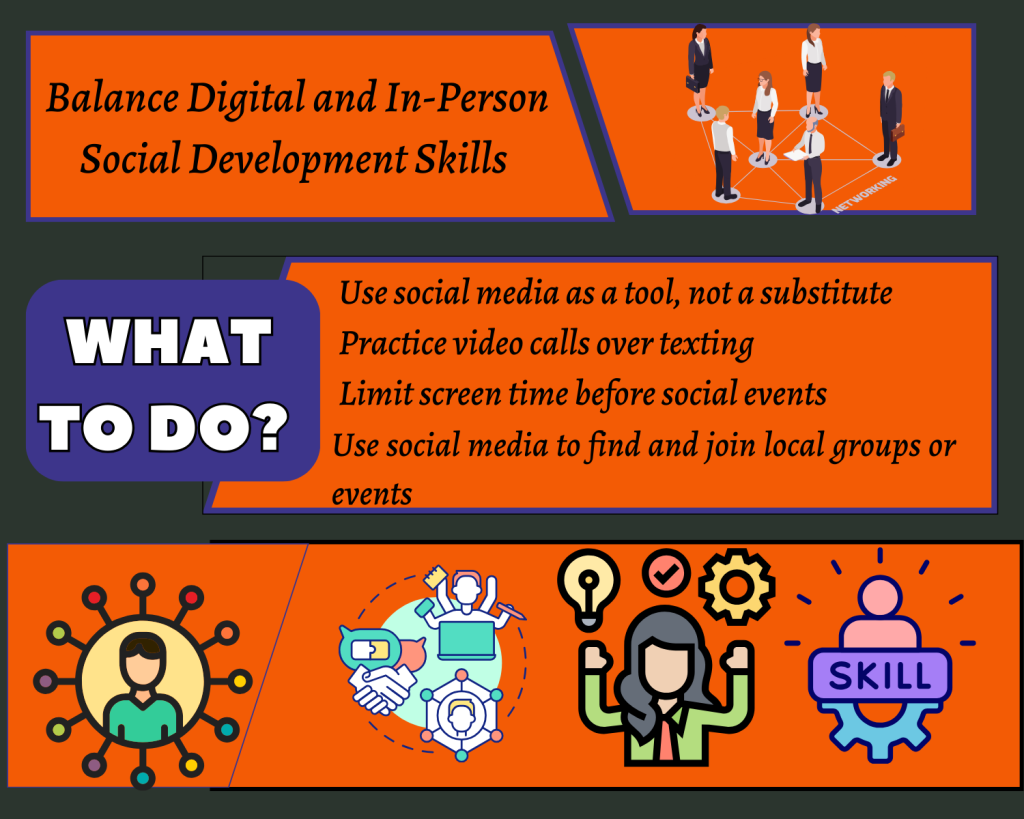
8. How to Develop Social Skills at Work
- Be approachable and open to conversation – Smile, make eye contact, and engage in casual small talk.
- Master professional small talk – Ask open-ended questions about projects, industry trends, and workplace culture.
- Practice active listening – Pay attention to what colleagues say and show genuine interest.
- Handle workplace conflict with diplomacy – Focus on finding solutions, not assigning blame.
- Know when to speak and when to listen – Balance your input in meetings and discussions.
Networking Events: Turning Handshakes into Connections
Networking can feel overwhelming, but with the right strategies, it becomes a powerful tool for personal and professional growth.
- Go in with a game plan – Set a goal, such as meeting three new people or exchanging five business cards.
- Have a strong elevator pitch – A short, engaging introduction about who you are and what you do.
- Find common ground quickly – Use shared interests or mutual connections to build rapport.
- Follow up after the event – A simple email or LinkedIn message can solidify a new connection.
9. Avoiding Common Social Mistakes: What Not to Do in Conversations
Even the most socially skilled individuals make mistakes, but awareness is the first step to improvement. Here are some common pitfalls to avoid:
Avoiding these mistakes will develop better social skills and make interactions more enjoyable for both you and the people around you.
10. Your Social Skills Transformation Starts Now!
By now, you’ve learned that how to develop social skills isn’t just about knowing what to say – it’s about practicing, engaging, and refining your interactions every single day. The journey to improving your social confidence doesn’t end with this article; it begins now.
Your First Step Today
- Pick one small social challenge – start a conversation with a stranger, compliment someone, or ask an open-ended question. It’s a great way to build your people skills.
- Reflect on one recent interaction – what went well? What could be improved?
Now, go out there, strike up a conversation, and start building lasting relationships – one meaningful interaction at a time!
